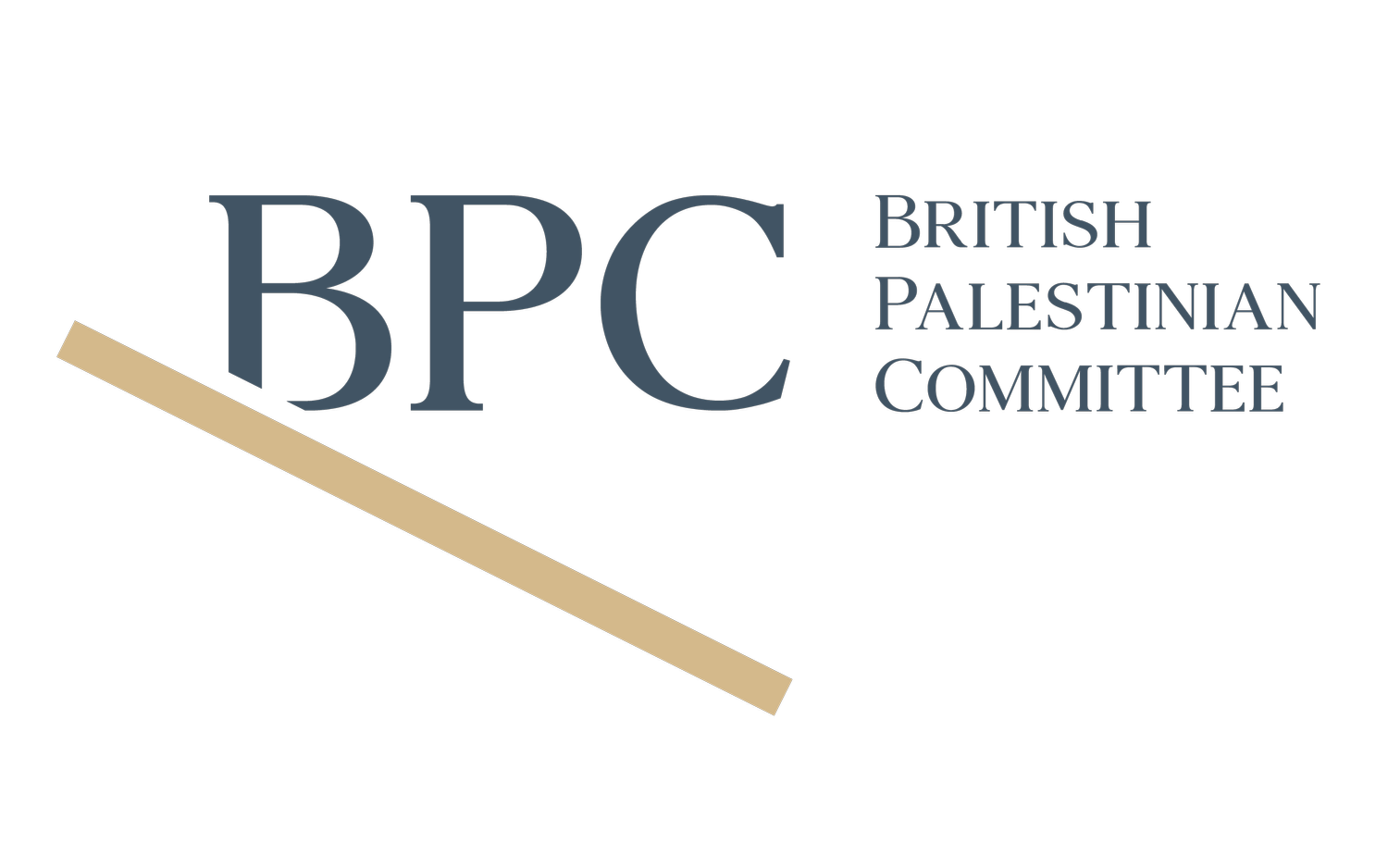UNRWA: Far More than an Aid Agency
UNRWA has been subject to repeated attempts to undermine, discredit and incapacitate the agency and its staff from Israel, and its allies, since its creation in 1949, and particularly over the past year. The latest tactic came in October, when the Knesset voted to declare the UN agency a “terror” group, banning it from operating in Israel, including occupied East Jerusalem, and severely curtailing its ability to deliver aid and services in Gaza and the occupied West Bank.
The vote caused significant attention and uproar, with media and politicians emphasising the critical role the UNRWA fulfils in terms of supplying health, education and food to 5.9 million people in Palestine and millions more in Jordan, Syria and Lebanon.
A number of MPs spoke strongly in defence of the agency in the House of Commons. Certainly, ministers are right about the ‘devastating consequences’ on the humanitarian crisis imposed on Gaza if Israel implements Knesset legislation to ban it. But UNRWA is far more than a vital aid mechanism.
Attempts by Israel to ban and ‘replace’ UNRWA are the culmination of a decades long strategy to undermine international support for Palestinian refugee rights, and crucially eliminate their right of return.
The agency’s UN mandate embodies the international community’s recognition of its responsibility for the Palestinian people’s dispossession in the Nakba in 1947 and 1948, and our continuing dispossession, by Israel, in the 76 years since.
In so doing, UNRWA reflects an international collective duty to Palestinians flowing from this recognition. This includes upholding the right of all Palestinian refugees to return to their homes - a right that sits at the heart of the Palestinian struggle worldwide. The agency has played a crucial role in the life of Palestinian society worldwide, supporting a thriving Palestinian civil society despite intolerable conditions for 76 years.
More than this, Israel’s assault on UNRWA is a blow against the international community, the rule of law and the longstanding consensus on the obligations states hold to the millions of Palestinian refugees worldwide. To ban the agency–alongside the decades of attempts to discredit, hamstring and incapacitate UNRWA before now–thus represent a multi-layered assault on Palestinian life in the immediate term, on our rights and recognitions on the international stage, on the right of return which lies at the heart of our struggle, and on consensus, norms and obligations long held and recognised by states worldwide.
British politicians have a specific responsibility in this situation. For one, Britain bears direct responsibility for the Nakba and the mass expulsion of the Palestinian people in 1947-8. Further, Britain continues to actively participate in their dispossession today. Considering these historic, legal and moral duties , ministers must recognise the significant attack this assault on UNRWA represents. Britain must take urgent and concrete action to ensure UNRWA and the rights and dignity of Palestinian refugees are protected.
This includes immediately demonstrating a strong public commitment to protecting the rights and dignity of Palestinian refugees, by mobilising with other members of the UN General Assembly to ensure UNRWA has the financial sustainability and political support to carry out its mandate, standing against the repeated attempts to undermine, discredit, and incapacitate the agency and its staff.
For more information on the history, purpose and work of the agency, and its crucial role in the Palestinian struggle and maintenance of civil society, please see the following resources:
UNRWA - Who we Are
Institute for Palestine Studies: Nakba Genocide 2023/24: Attacks on UNRWA and the Colonial Attempts to Annihilate the Palestinian Right of Return (2024)
BPC Policy Snapshot: Palestinian Refugees and the Right of Return (2023) and Instagram version

